What Are Fermented Foods?
Vegetables
|
Dairy
|
Proteins
|
|
|
|
Benefits of Fermented Foods
- Shelf Life - Fermentation allows foods to be stored for longer periods of time. Fermenting foods before they go bad can save you money by cutting down on food waste.
- Taste - The process of fermentation produces favorable tastes and textures. For example, the delicious tart taste of dairy products like yogurt and kefir.
- Health Benefits - Many fermented foods provide the body with good bacteria called probiotics. These bacteria help support a healthy digestive system. Fermented foods are also thought to improve heart and immune health.
- Fun - Making your own fermented foods is an easy and enjoyable activity to do in the kitchen! Plus, it can make eating more veggies easier!
What to Watch Out For
- Gas - For some people, fermented foods may cause bloating and gas. Start with small amounts and see how your body handles them.
- Sodium - Since salt is used to preserve fermented foods and allow the growth of healthy bacteria, many fermented foods are high in sodium. Eat sauerkraut, pickles, miso, and kimchi in moderation to keep your heart healthy.
-
Sugar - Did you know that some store bought bottles of kombucha have 20 grams of added sugar? That's equal to 5 teaspoons of sugar!
- Cost - Fermented foods can be expensive at the grocery store, but it is easy and inexpensive to make them at home. We'll show you how!
How to Ferment Veggies at Home
Step 2: Add Seasonings
Step 3: Add Brine
Make brine by combining 2 cups of distilled (non-chlorinated) water and 1 1/2 Tbsp kosher, canning, or sea salt. Pour over veggies until covered completely.
Why do you need to use distilled (non chlorinated) water and non iodized salt? Find out at Common Ingredients Used for Fermenting Foods!
|
Step 4: Seal Jar and Store
Want More Information?
- Getting to Know: Fermented Foods from Cook's Country - America's Test Kitchen
- How Do I Ferment? from National Center for Home Food Preservation
-
Probiotics: What You Need to Know from National Center for Complementary and Integrative Health (NCCIH)
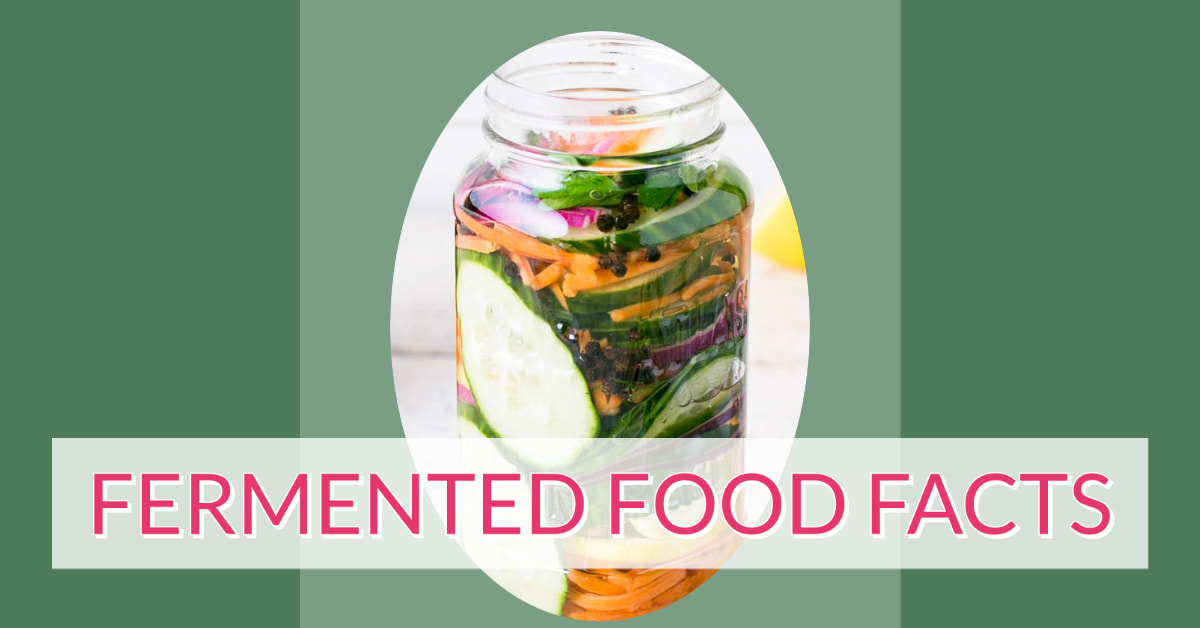
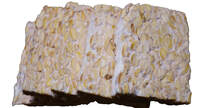

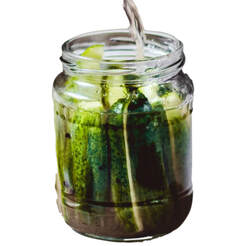



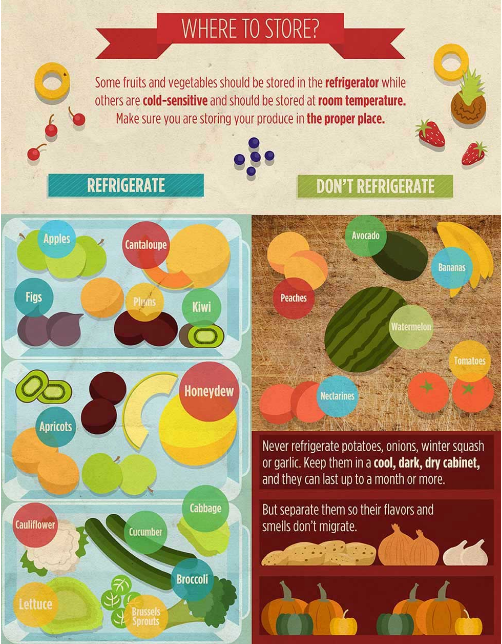






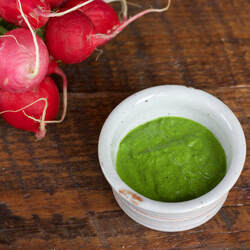



 RSS Feed
RSS Feed

